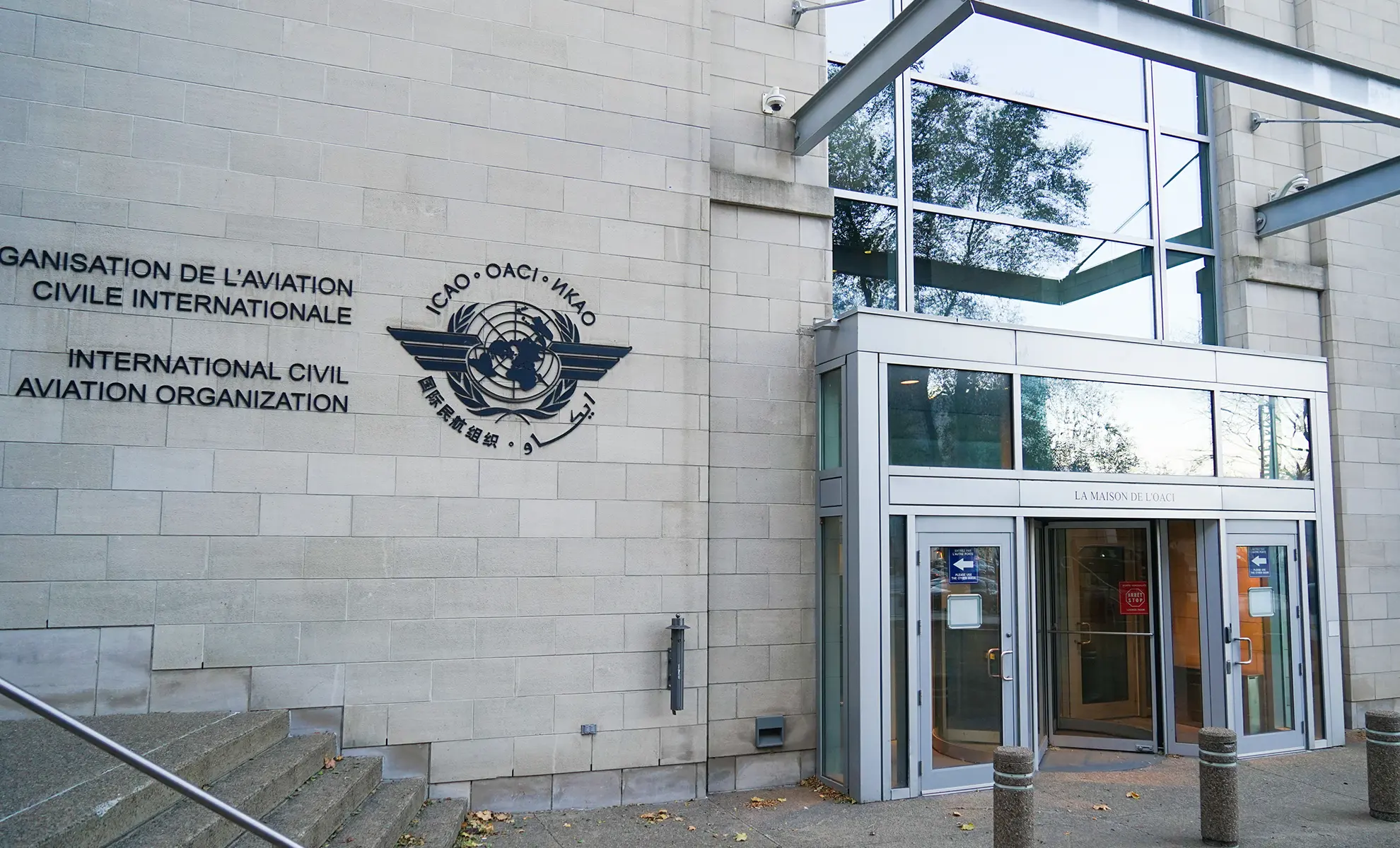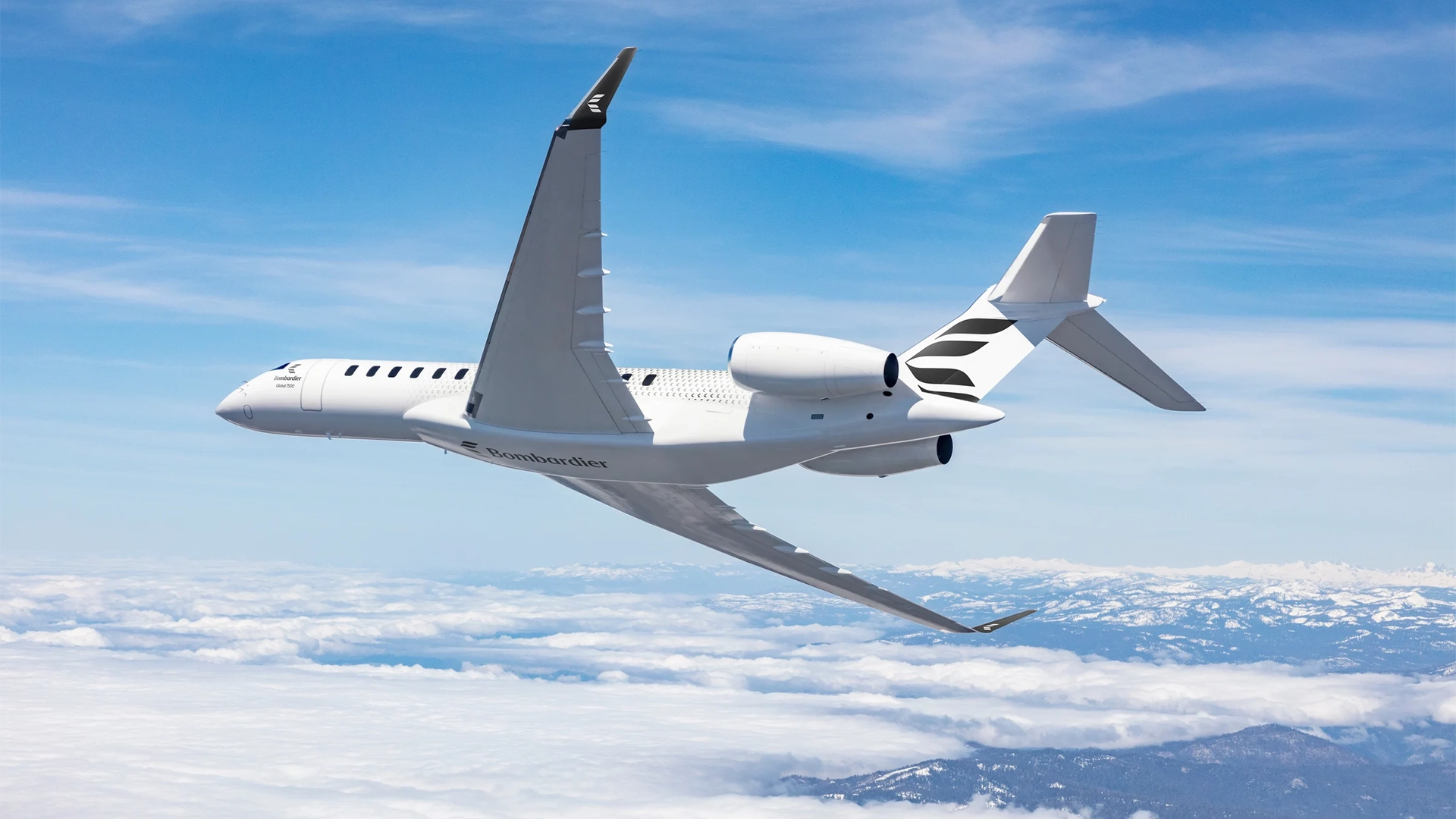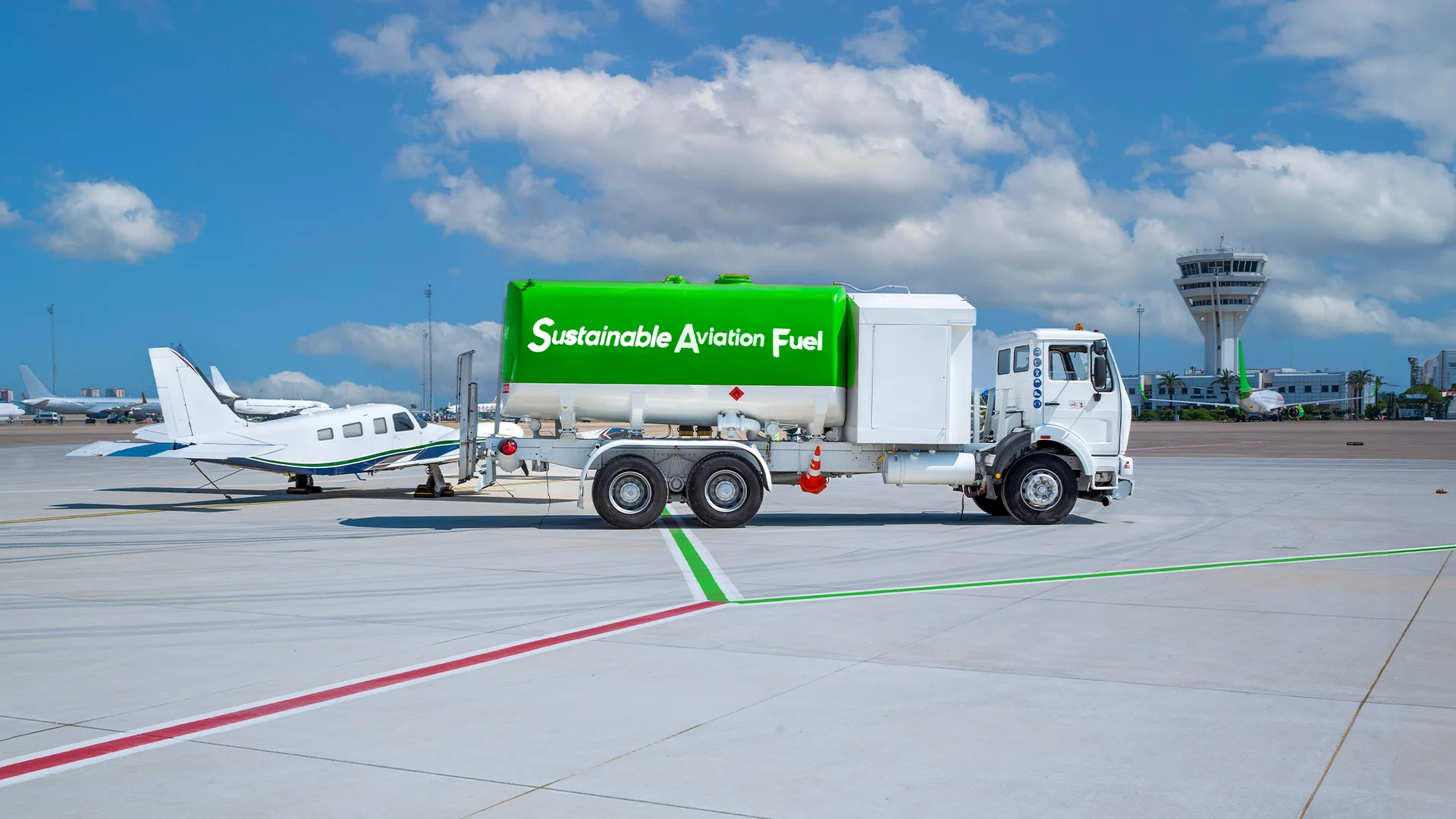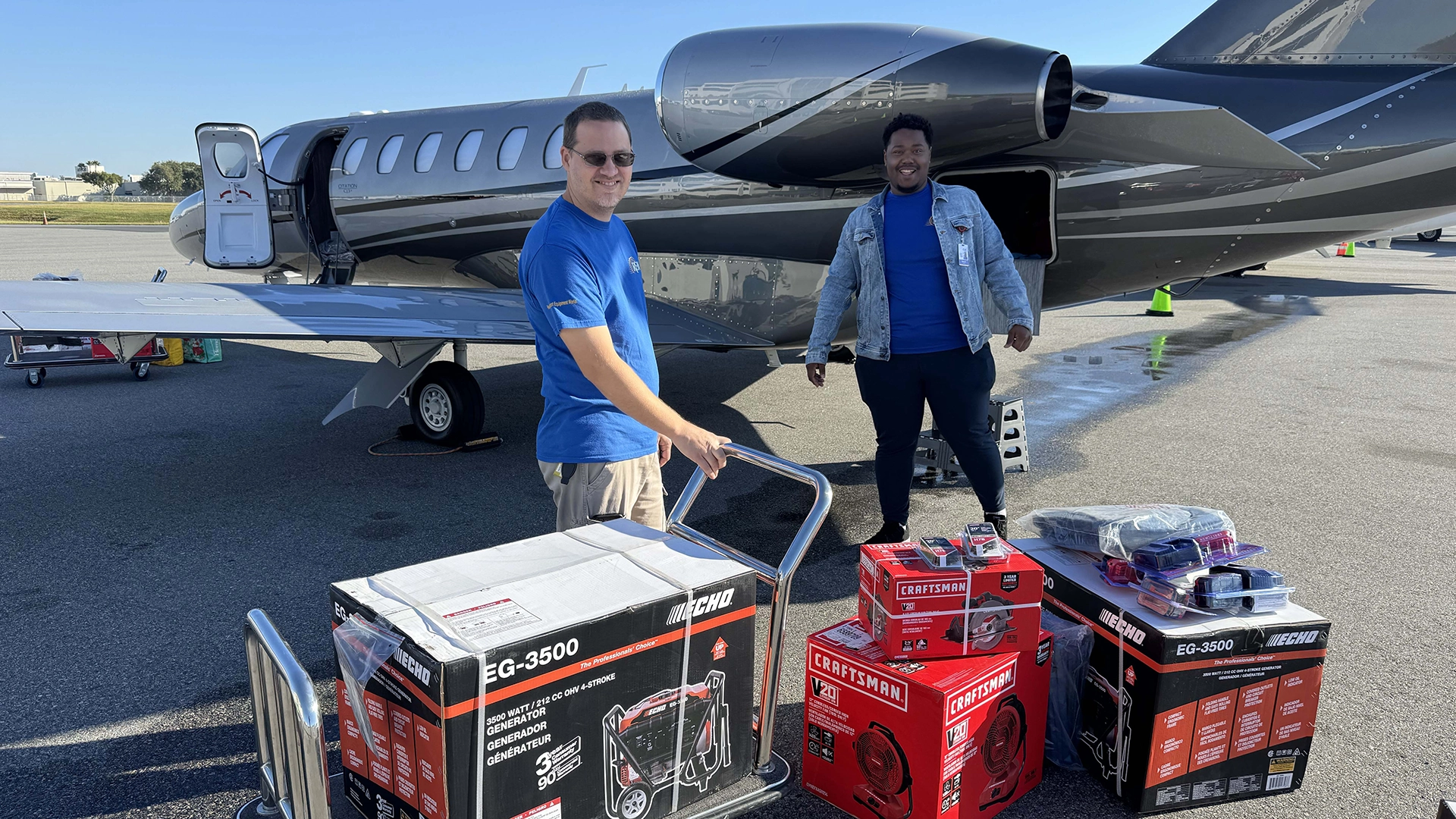
The promise of a new era in which aircraft are powered increasingly by carbon-cutting fuels is in focus as government leaders from around the world convene this week for a preeminent global industry policy setting meeting, and business aviation has an effective representative highlighting the sector’s role as an important incubator for the fuels.
Sustainable Aviation Fuels (SAF) are high on the agenda at the 42nd ICAO Assembly, Sept. 23 to Oct. 3 in Montreal, as leaders debate new policies to scale global SAF production. Specifically, representatives from the 193 representatives at the triennial aim to identify steps to build on the Global Framework for SAF that were adopted by ICAO in 2023.
Business aviation’s global voice, the International Business Aviation Council (IBAC), a founding member of the CLIMBING. FAST. campaign, will be at the ICAO Assembly highlighting the sector’s leadership in promoting SAF production and use, and advocating for policies to increase SAF supply and demand.
IBAC and business aviation at large have been steadfast advocates around the world for SAF, which can reduce aviation’s lifecycle carbon emissions by as much as 80%, over legacy fuels. In particular, business aviation is unified behind the Business Aviation Commitment on Climate Change, which sets forth a roadmap for achieving net-zero emissions by 2050, with SAF as a key component in reaching the objective. .
Global SAF production doubled from 2023 to 2024, and it’s projected to double again this year. But there are concerns that production growth is cooling, U.S. government support is declining and demand is lagging in some markets.
ICAO seeks to enable a 5% reduction in global aviation carbon by 2030 – roughly equivalent to 7 billion gallons of SAF – to achieve the organization’s Long-Term Aspirational Goal (LTAG) of achieving net-zero emissions by 2050.
Initiatives like ICAO’s ACT-SAF program (in which IBAC is a partner) and its “Finvest Hub” are already helping to scale SAF capacity, partnerships and investment access worldwide.
In addition to tackling SAF, the governments have been discussing new engine and noise standards, and a global framework for certification and operation of next-generation, zero-carbon advanced air mobility aircraft.




